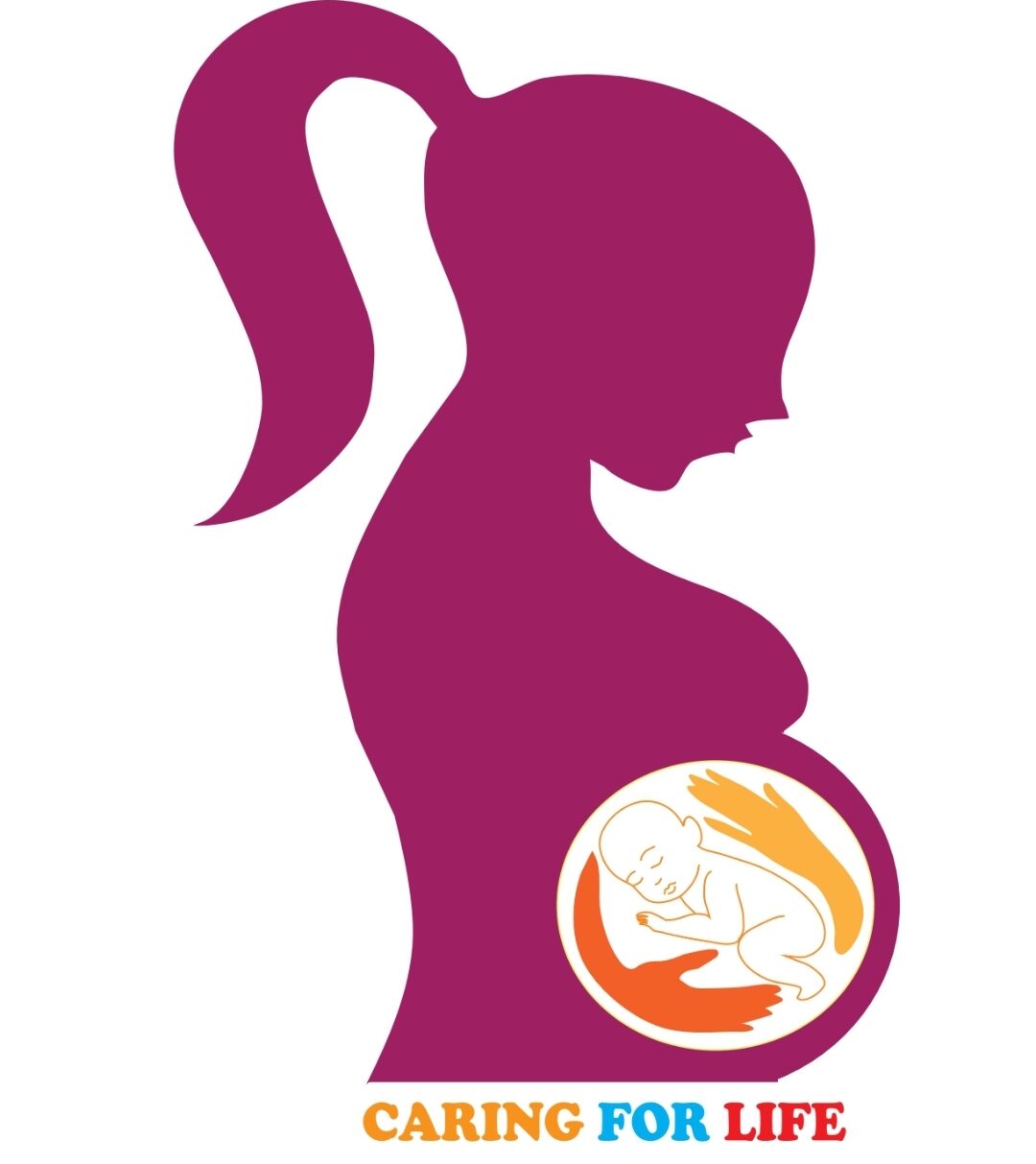
Human Metapneumovirus (HMPV) is a respiratory virus that has gained attention for its impact on vulnerable populations, including pregnant women. While many are familiar with other respiratory infections, such as influenza or RSV (Respiratory Syncytial Virus), HMPV remains relatively lesser-known despite its potential severity. In this blog, we will explore what HMPV is, how it can affect pregnancy, and what precautions expectant mothers can take.
What is HMPV?
HMPV is a virus from the Paramyxoviridae family, first identified in 2001. It primarily causes respiratory tract infections, ranging from mild cold-like symptoms to severe respiratory issues. The virus spreads through respiratory droplets, direct contact with contaminated surfaces, or close contact with infected individuals. It is most prevalent during late winter and early spring but can occur year-round.
Why is HMPV a Concern During Pregnancy?
Pregnancy naturally lowers the immune system to protect the developing fetus. While this adaptation is essential, it also makes pregnant women more susceptible to infections, including HMPV. Here are some ways HMPV can impact pregnancy:
- Increased Severity of Symptoms: Pregnant women infected with HMPV may experience more severe symptoms, including persistent cough, fever, shortness of breath, and fatigue.
- Risk of Complications: Severe HMPV infection can lead to pneumonia or bronchiolitis, which may require hospitalization. Respiratory complications can also reduce oxygen supply, posing risks to both the mother and baby.
- Potential Preterm Labor: Studies suggest that severe respiratory infections during pregnancy may increase the risk of preterm labor or low birth weight. While direct links between HMPV and preterm labor are still under investigation, it is essential to monitor any significant illness closely during pregnancy.
- Impact on the Baby: If the mother contracts HMPV close to delivery, there is a risk of transmitting the virus to the newborn. Newborns are particularly vulnerable to respiratory viruses, which can lead to severe complications in the early weeks of life.
Symptoms of HMPV in Pregnancy
HMPV symptoms often resemble those of other respiratory viruses, making it challenging to diagnose without specific testing. Common symptoms include:
- Runny or stuffy nose
- Cough and sore throat
- Fever and chills
- Shortness of breath or wheezing
- Fatigue and muscle aches
Pregnant women should promptly report any symptoms, especially if they experience difficulty breathing or persistent fever.
Precautions for Pregnant Women
While there is currently no specific vaccine or antiviral treatment for HMPV, expectant mothers can take the following precautions:
- Practice Good Hygiene: Regular handwashing with soap and water, avoiding touching the face, and using alcohol-based sanitizers can minimize the risk of infection.
- Avoid Crowded Places: Reduce exposure to crowded areas, especially during peak flu and respiratory virus seasons.
- Maintain a Healthy Lifestyle: A balanced diet, staying hydrated, and getting enough rest can strengthen the immune system.
- Use Masks: Wearing masks in public or around sick individuals can reduce the risk of respiratory infections.
- Seek Medical Attention Promptly: If you suspect you have HMPV or any respiratory illness, consult your healthcare provider. Early intervention can prevent complications.
Diagnosis and Treatment
If HMPV is suspected, your doctor may recommend testing through a nasal swab or similar methods. Treatment typically focuses on managing symptoms:
- Rest: Adequate rest helps the body recover faster.
- Hydration: Drinking plenty of fluids prevents dehydration.
- Medications: Your doctor may prescribe fever reducers or recommend safe cough medications for pregnant women.
- Hospitalization: In severe cases, hospitalization may be required to provide oxygen support or treat complications.
Final Thoughts
While HMPV may not be as widely recognized as other respiratory infections, its potential impact on pregnancy should not be underestimated. Pregnant women should remain vigilant, practice preventive measures, and consult their healthcare provider if they develop symptoms. With proper care and attention, the risks associated with HMPV can be effectively managed, ensuring a healthy pregnancy and safe delivery.
For expert advice and pregnancy care, consult Dr. Gauri Jagdale at Vedant Clinic, Keshav Nagar, Pune. Dr. Jagdale specializes in providing comprehensive care for expectant mothers, ensuring both mother and baby stay healthy throughout the pregnancy journey.






